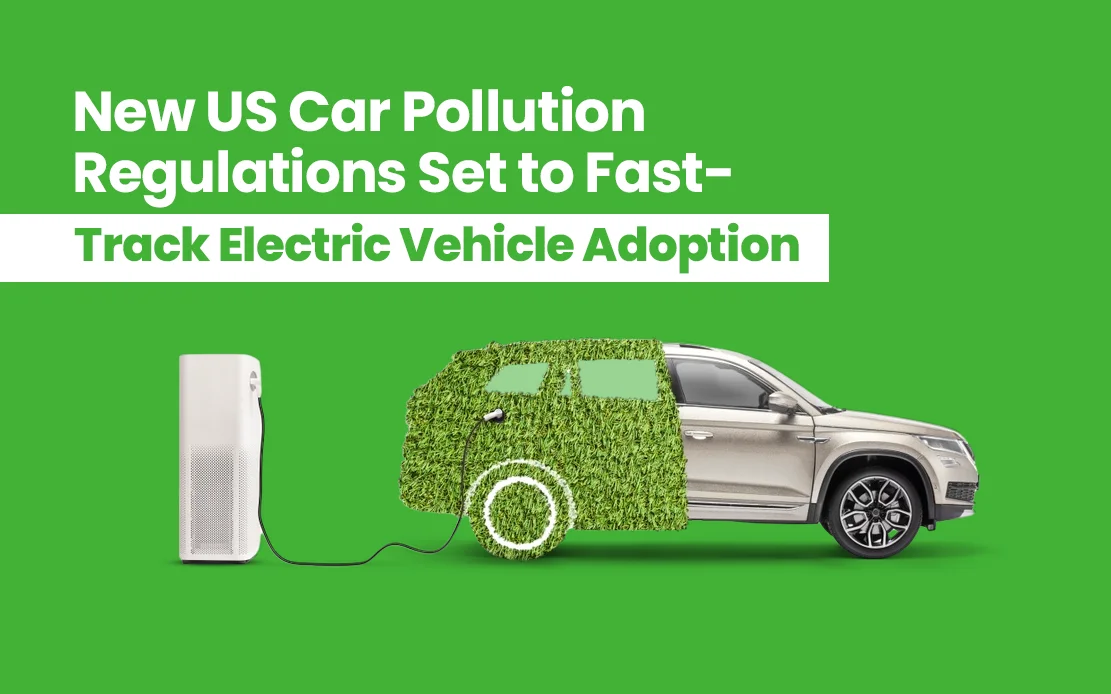In a recent amendment by the government, the US has introduced as many call it its strictest ever car regulations to curb tailpipe pollution. These regulations are set to increase the country’s shift towards electric vehicles (EV) in an effort to reduce greenhouse gas emissions from traditional automobiles.
While the regulations are termed as “strictest ever” by many, others believe that these fall short of the rules enforced by the Biden government previously.
The US Environmental Protection Agency (EPA) depicts that the regulations will ensure a converter rate to electric vehicles of about 30 to 56% between the year 2030 and 2032.
Giving his opinion on the new car regulations in the US, EPA Administrator Michael Regan said in a statement “ With transportation as the largest source of US climate emissions, these strongest-ever pollution standards for cars solidify America’s leadership in building a clean transportation future and creating good-paying American jobs, all while advancing President Biden’s historic climate agenda.”
He continued to say, "The standards will slash over 7 billion tons of climate pollution, improve air quality in overburdened communities, and give drivers more clean vehicle choices while saving them money.”
In 2021, Biden signed a bill which claimed to take the sale of electric cars in the US to up to 50% and make the US a “zero emission vehicle” zone by 2030. In contrast, only 8% of the cars sold by 2023 constituted the electric variety.
It was also observed that the automobile industry had resented the Biden's government’s regulations to accelerate the shift towards EV models. Additionally, Biden also faced opposition from the Republicans regarding his actions on the car regulations. Many in the public also questioned whether the US was prepared for the shift towards electric vehicles in terms of enough charging stations and other infrastructure needed to support the shift.
On the other side, the Democrats argue in favor of this shift and see it as a necessary measure to protect the environment by mitigating greenhouse gasses. The Environmental Protection Agency (EPA) also released a statement saying that these regulations will only safeguard the planet but will also result in monetary gains in the long-term. Elaborating on this statement an official from the EPA said “ These standards will provide nearly $100 billion of annual net benefits to society, including $13 billion of annual public health benefits due to improved air quality, and $62 billion in reduced annual fuel costs, and maintenance and repair costs for drivers.”
Democratic congressman Jerry Nadler applauded the government’s efforts towards a greener future and said “ The new standards will also save consumers money through reduced fuel consumption and maintenance costs.” he also termed the regulations as a win for the environment and public health.









